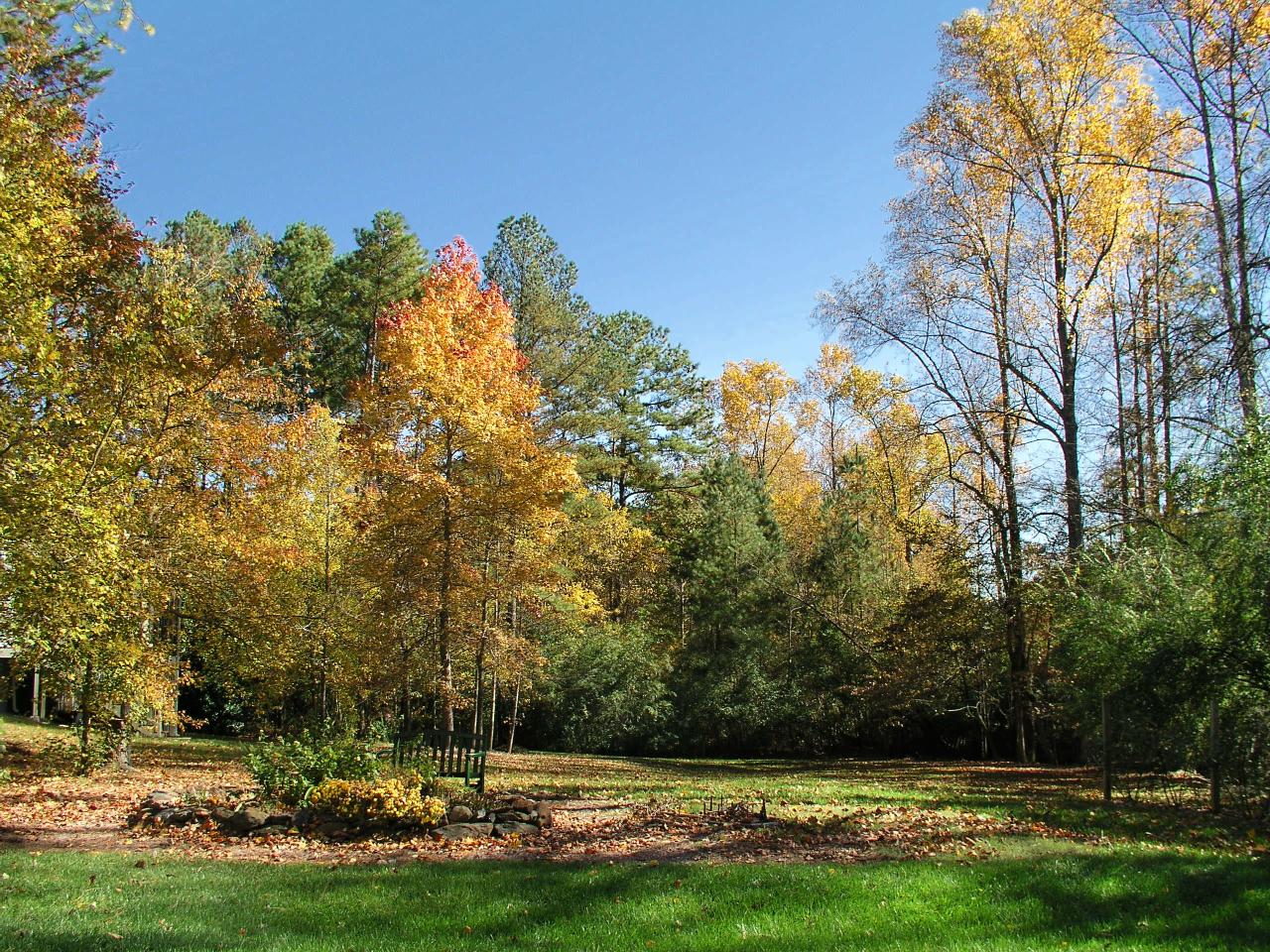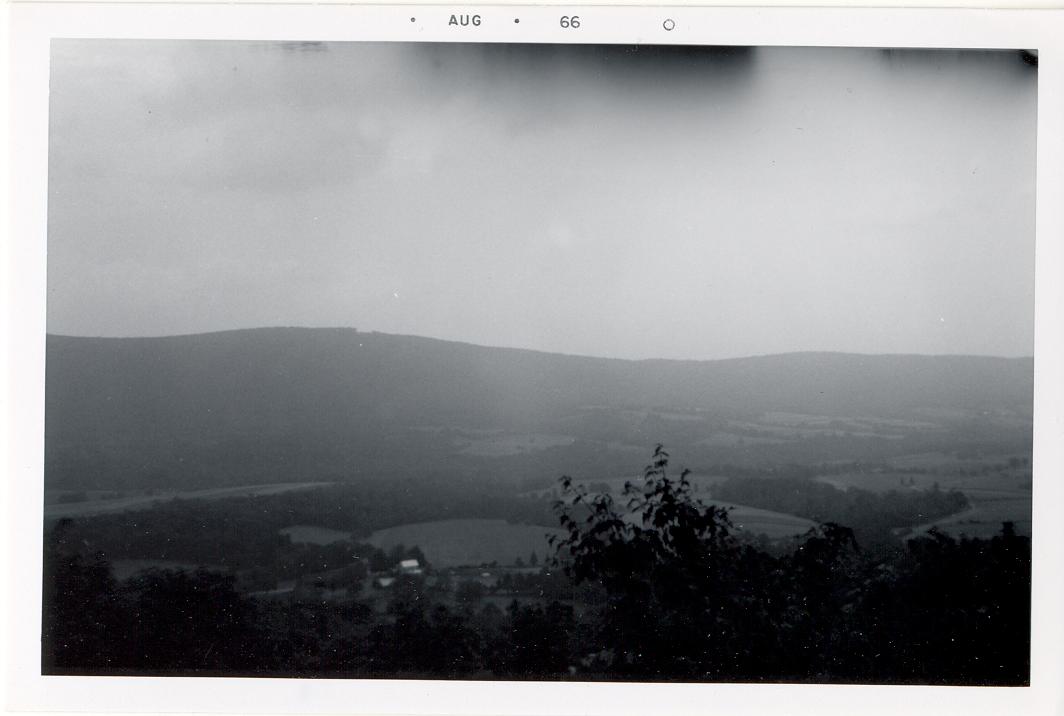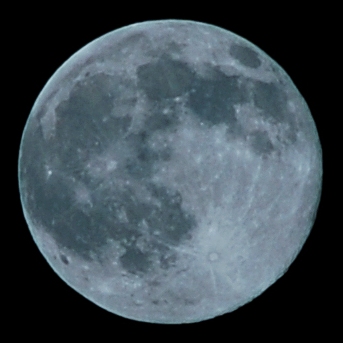Tomorrow marks the first day of fall, the autumnal equinox. The day the sunshine starts to fade, and all the flowers start to die. The day the world begins to slide into the shadow of another cold, dark winter. Tonight, in my Northern hemisphere, I’ll say farewell to the summer of 2012. Rest in peace, beloved season. I’ll miss you.
Most folks look at me like I have three heads when I tell them my favorite weather is ninety-five degrees and ninety-five percent humidity, under a clear, cerulean blue sky. What can I say? I like to sweat … and I like to feel alive. I’ve always loved hot, sunny summer weather, and I’ve always disliked being cold. Wait, that’s not quite right. I’ve always detested being cold.
It’s no wonder Weatherly’s lyric, “‘Tis I’ll be here in sunshine or in shadow”, from that hauntingly beautiful Irish ballad, Danny Boy, always leaves a lump in my throat, but perhaps Robert Frost said it best:
Fire and Ice
by Robert Frost
Some say the world will end in fire,
Some say in ice.
From what I’ve tasted of desire
I hold with those who favor fire.
But if it had to perish twice,
I think I know enough of hate
To say that for destruction ice
Is also great
And would suffice.
Danny Boy
by Frederic Weatherly
Oh Danny boy, the pipes, the pipes are calling
From glen to glen, and down the mountain side
The summer’s gone, and all the roses falling
‘Tis you, ’tis you must go and I must bide.
But come ye back when summer’s in the meadow
Or when the valley’s hushed and white with snow
‘Tis I’ll be here in sunshine or in shadow
Oh Danny boy, oh Danny boy, I love you so.
But when you come, and all the flowers are dying
If I am dead, as dead I well may be
You’ll come and find the place where I am lying
And kneel and say an “Ave” there for me.
And I shall hear, though soft you tread above me
And all my grave will warm and sweeter be
For you will bend and tell me that you love me
And I shall sleep in peace until you come to me.
With warmest regards,
Rob




You must be logged in to post a comment.